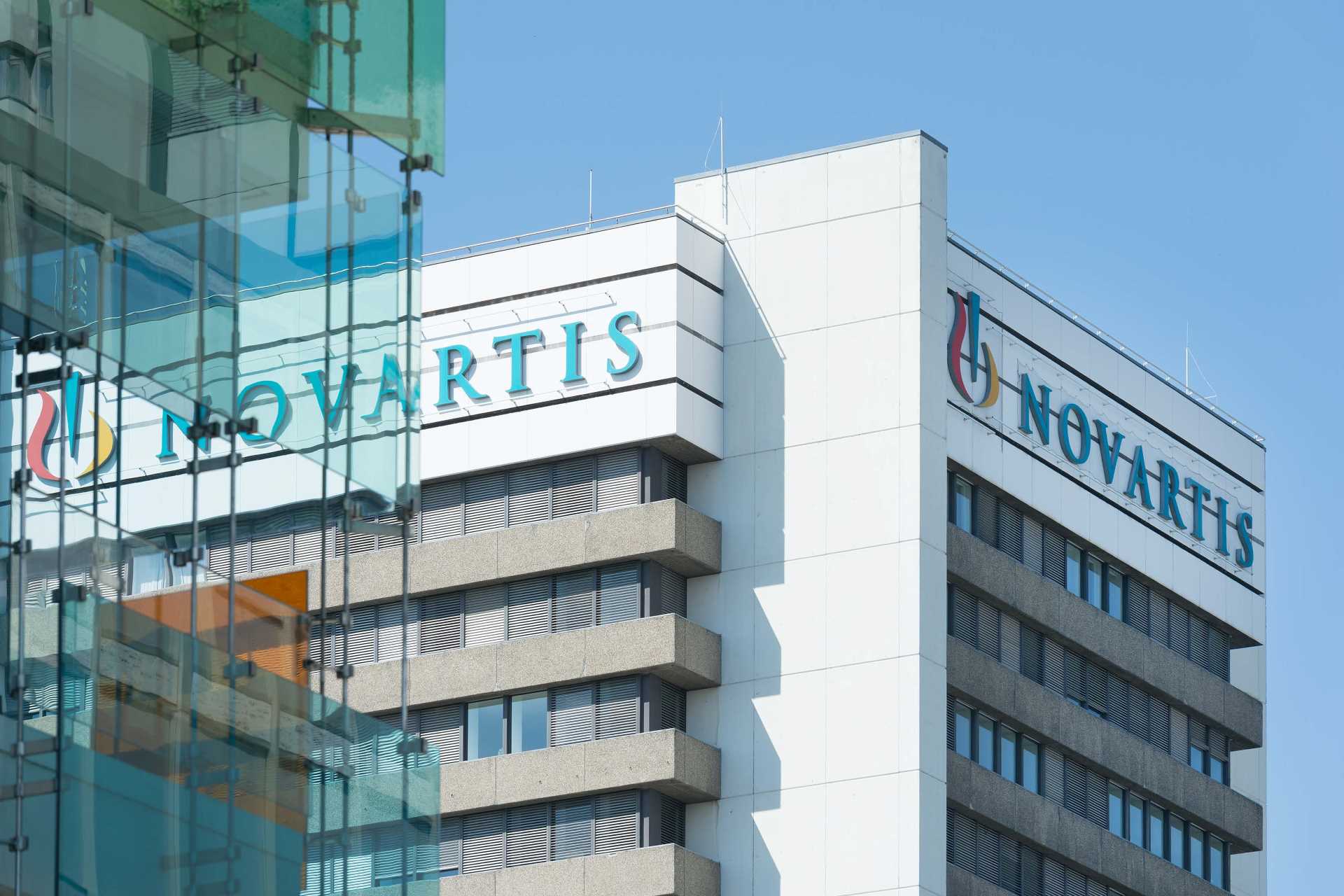
Novartis has reported that its investigational oral drug, iptacopan (LNP023), met the primary goal in a Phase II trial conducted in patients with IgA nephropathy (IgAN).
A factor B inhibitor of the alternative complement pathway, iptacopan could offer targeted therapy to slow down the progression to dialysis in this patient population.

Discover B2B Marketing That Performs
Combine business intelligence and editorial excellence to reach engaged professionals across 36 leading media platforms.
The double-blind, placebo-controlled, dose-ranging, parallel-group adaptive design Phase II study analysed iptacopan’s efficacy and safety in primary IgAN.
It enrolled 112 subjects who were randomised to receive different oral doses of the drug or placebo.
The primary endpoint data showed that iptacopan lowered protein in the urine (proteinuria), a surrogate marker linked to progression to kidney failure, at 90 days and demonstrated the ability to stabilise kidney function in trial subjects.
With twice daily iptacopan 200mg, the highest trial dose, a 23% drop in proteinuria was estimated versus placebo at 90 days.

US Tariffs are shifting - will you react or anticipate?
Don’t let policy changes catch you off guard. Stay proactive with real-time data and expert analysis.
By GlobalDataFurthermore, the drug was found to have beneficial safety and tolerability profile in this trial.
Novartis chief medical officer and global drug development head John Tsai said: “These new data in IgAN add to the growing body of evidence around the potential of iptacopan to target a key driver in these rare renal diseases.
“Conscious of the significant patient need for disease-modifying treatment options, we are rapidly advancing clinical development of iptacopan with the Phase III IgAN trial APPLAUSE already underway.”
Iptacopan is being developed to treat various complement-driven renal diseases which include C3 glomerulopathy, and a blood disorder called paroxysmal nocturnal hemoglobinuria.
Novartis intends to commence more Phase III studies of the drug in additional renal conditions.
Last week, the company reported that the primary analysis of the Phase II ELARA trial of Kymriah showed a complete response rate of 66% in relapsed or refractory follicular lymphoma patients.



